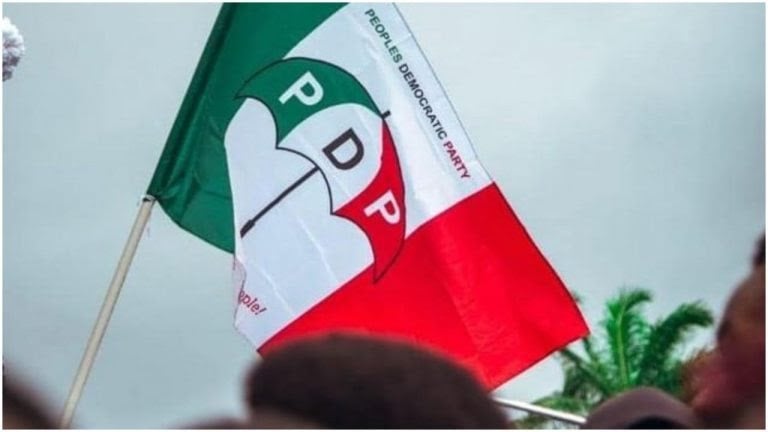The political landscape in Edo State, Nigeria, is currently embroiled in a contentious legal battle concerning the scheduled local government by-elections slated for Saturday. The heart of the dispute lies in the validity of the electoral process, with the Peoples Democratic Party (PDP) vehemently opposing the elections and urging the state police command to withhold security support. The PDP’s stance stems from a recent court injunction barring the Edo State Independent Electoral Commission (EDSIEC) and the state government from conducting the polls, adding another layer of complexity to the pre-election environment.
The legal challenge mounted by the PDP revolves around the tenure of the incumbent councillors. The party argues that the current councillors’ terms legally extend until September 2026, rendering any attempt to declare their seats vacant and hold by-elections illegal. This assertion formed the basis of their ex parte motion filed before the Edo State High Court, presided over by Justice Mary Itsueli. The court responded by granting an injunction against the EDSIEC and the state government, halting the scheduled by-elections. Justice Itsueli acknowledged the PDP’s presented grounds for intervention and subsequently referred the substantive case to the Chief Judge of Edo State for assignment to a regular court, with a hearing date set for September 30, 2025.
Following the court’s decision, the PDP has amplified its call for the police to remain neutral and refrain from providing security for the now-suspended by-elections. In a letter addressed to the state Commissioner of Police, Monday Agbonika, PDP Chairman Tony Aziegbemi characterized the proposed elections as “an illegal exercise.” He warned that any police involvement in the elections would constitute aiding and abetting contempt of court, thereby undermining the rule of law and jeopardizing the credibility of the police force. The PDP’s stance underscores the escalating tensions surrounding the elections and the potential for a showdown between the party and the state electoral body, with the police caught in the middle.
The PDP’s appeal to the police force hinges on the principle of upholding judicial pronouncements and maintaining the integrity of legal processes. They argue that providing security for an election deemed illegal by a court order would not only violate the court’s authority but also set a dangerous precedent for disregarding judicial decisions. The party’s insistence on police neutrality highlights the crucial role of law enforcement in ensuring a fair and lawful electoral process, free from external interference or manipulation. The PDP emphasizes that respecting the court’s injunction is paramount to preserving the rule of law and maintaining public trust in both the judiciary and law enforcement.
This legal and political impasse has placed the state police command in a delicate position. On one hand, they have a duty to maintain law and order during elections, typically including providing security for electoral processes. On the other hand, complying with the PDP’s request to withhold security would demonstrate respect for the judicial process and avoid any appearance of condoning an activity deemed unlawful by the court. The police command’s response, or lack thereof, to the PDP’s warning is critical and will likely significantly influence the unfolding events in the lead-up to the now-suspended by-elections.
The unfolding situation in Edo State underscores the intricacies of electoral processes and the delicate balance between upholding democratic principles, respecting judicial pronouncements, and maintaining law and order. The PDP’s legal challenge and subsequent call for police non-involvement have created a complex scenario with potentially significant consequences. As the date initially set for the by-elections approaches, the state awaits the police command’s response, a decision that holds considerable weight in determining the course of the ongoing electoral dispute. The broader implications of this situation extend beyond the immediate by-elections and touch upon fundamental questions of judicial authority, the role of law enforcement in upholding court orders, and the integrity of the electoral process itself.


